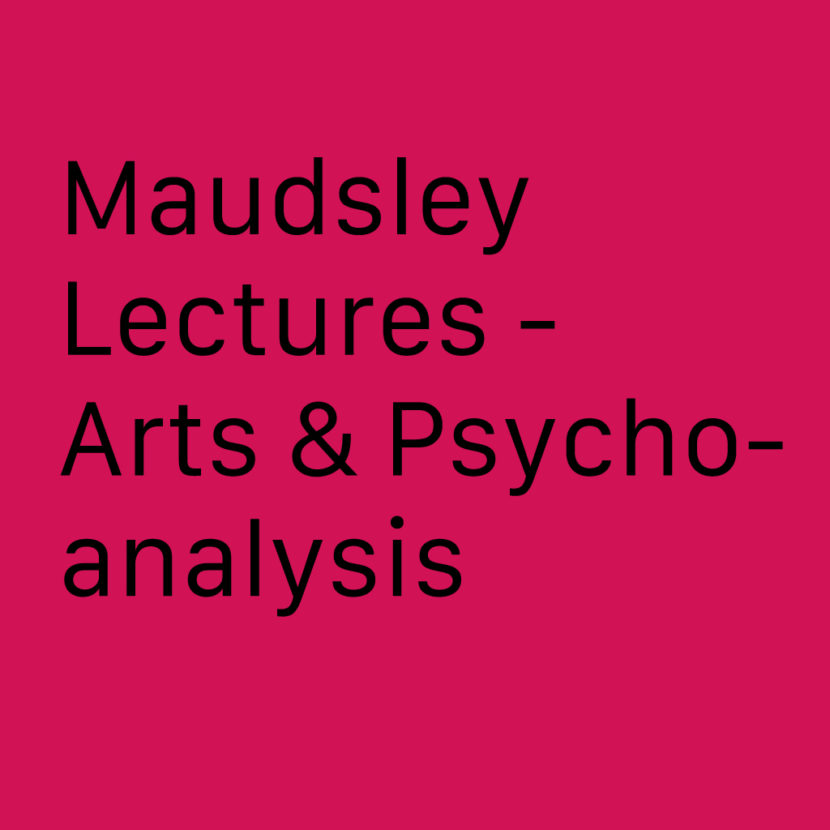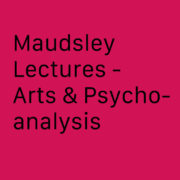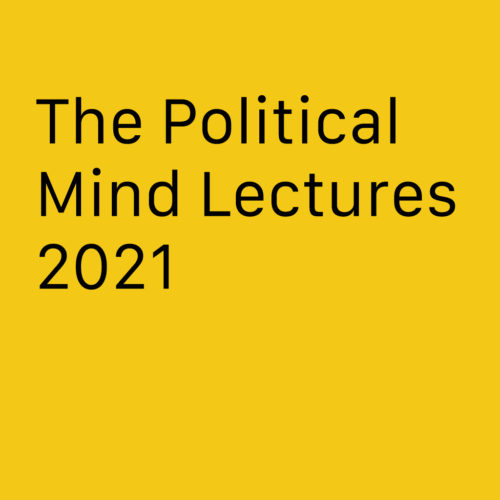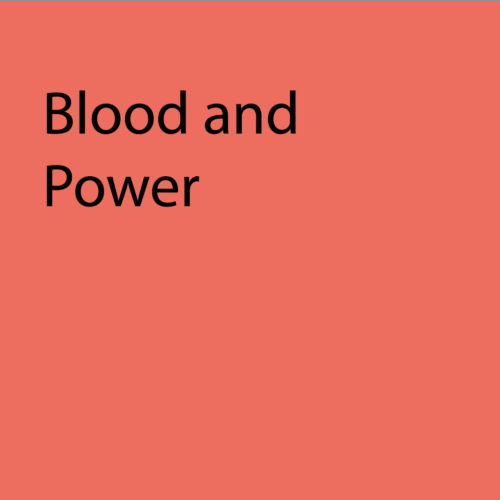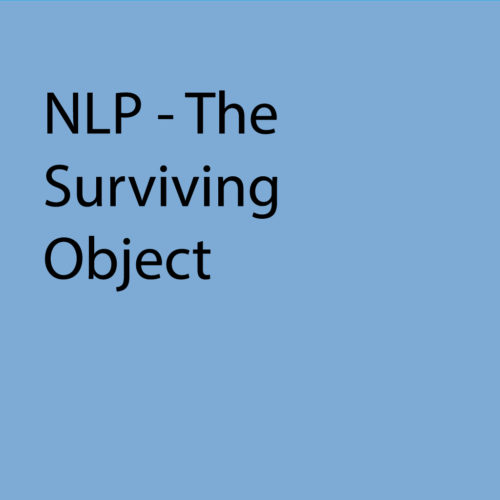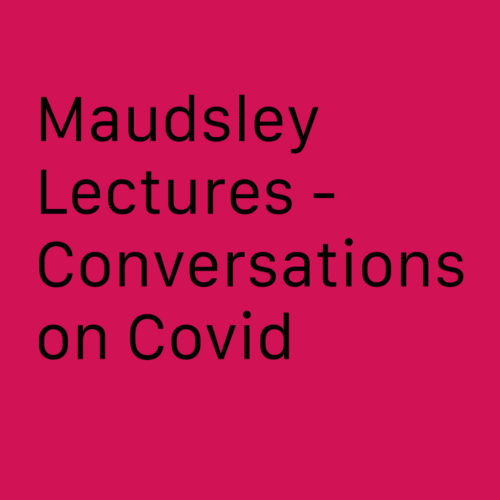Description
This is a series of individual lectures. You can select which ones you would like to purchase.
Each lecture will be available for 6 months from the day of purchase.
Arts & Psychoanalysis
Taking a psychoanalytic lens to a range of areas in the arts – music, sculpture, poetry, film, drama…
These lectures will be of interest to:
- Clinicians working in psychiatry, psychology, psychoanalysis, psychotherapy, nursing and other areas of mental health
- Those working in the arts and academia
‘O beautiful sound’: the bonus of pleasure in the writing of Elizabeth Bishop – Rachel Chaplin
Faced with an unstoppable cascade of losses, the speaker in Elizabeth Bishop’s famous poem, ‘One Art’, finally blurts out a desperate ‘note to self’ – ‘Write it!’ In this paper, I read Elizabeth Bishop and the French psychoanalyst, Piera Aulagnier, as parallel theorists of the ‘bonus of pleasure’ which sustains investment in the work of psychic representation, so that we do think it, talk it, write it.
Following her analysis in the 1940s, Bishop wrote an extraordinary, autobiographical prose-poem, ‘In the Village’. The text opens with the child narrator’s registration of her mother’s scream, a catastrophically unpleasurable first encounter with the mother as ‘porte parole’, bringer of meanings. Aulagnier’s concept of the pictogram, a primal psychic representation recording the first encounter between mother and infant and the affect present at this moment of encounter, places reciprocal pleasure at the origins of the infant’s capacity to invest in representing. Bishop’s text stages the damage done by the mother’s pain-inducing scream as it continues to reverberate and echo in the child’s own linguistic functioning. But the scream is countered by a blacksmith’s ‘beautiful sound’, the pleasure of which initiates a progressive revivifying of the child’s representational capacities and the achievement of a partial linguistic cure.
I ask whether a shared element in the work of poetry and psychoanalysis is the working through of the founding violence of our initiation into language, work which is sustained by the bonus of linguistic pleasure?
Rachel Chaplin is a Training and Supervising Analyst in the British Psychoanalytical Society. She is an Associate Professor at University College London where, with Dr Catherine Humble, she co-teaches a series of lectures on psychoanalysis and literature.
The speakers will be in dialogue with psychoanalysts: Anne Patterson, Emma Hotopf & Maxine Dennis
Mirrors and Masquerades in Fleabag and Crazy Ex-Girlfriend – Dr Catherine Humble
This paper explores the TV series Fleabag and Crazy Ex-Girlfriend in relation to ideas about femininity, masks and recognition. Engaging with Winnicott’s account of mirroring, I look at representations of failed maternal recognition in these tv series. How far do the protagonists of Fleabag and Crazy-Ex construct false selves? How and why do they seek recognition from the other/viewer? Reading Joan Riviere’s “Womanliness as Masquerade”, I also explore the question of performed feminine identity; in these TV series, how far is femininity a performance and to what end?
The speakers will be in dialogue with psychoanalysts: Anne Patterson, Emma Hotopf & Maxine Dennis
